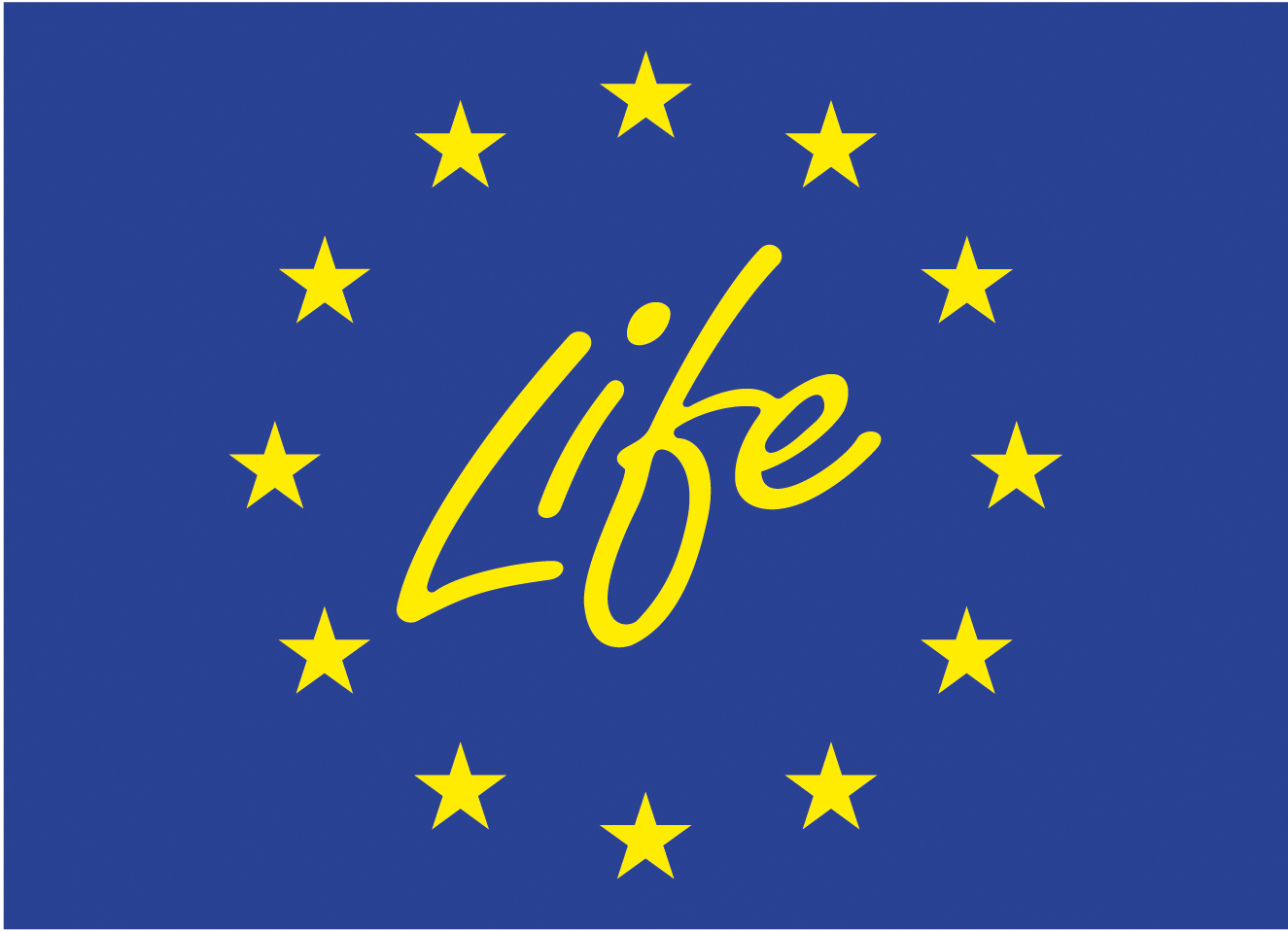How can EU policies consider organic farming’s benefits for biodiversity?
IFOAM Organics Europe recently published a new report highlighting the contribution of organic farming to protecting Europe’s biodiversity. By setting an ambitious target of 25% organic land by 2030, the European Green Deal also put emphasis on organic farming’s benefits for biodiversity and climate. The report now recommends Members States to fully use Eco-schemes and agro-environmental measures in their CAP Strategic Plans to maximise the contribution of organic farmers to the objectives of the EU Biodiversity Strategy and the new CAP.
According to Eric Gall, IFOAM Organics Europe’s Policy Manager “By supporting organic farming in their CAP Strategic Plans, Member States have a powerful tool to ensure that their national agriculture policy will start to address the collapse of our biodiversity, which has been a reality in the European countryside for decades.”
The report, commissioned by the European organic movement, is authored by Nic Lampkin and Bruce Pearce.
To learn more about:
- The report’s objectives and main findings, read our press release;
- The potential of national CAP Strategic Plans to achieve the 25% target of organic land in Europe by 2030, read our recent report;
- The Common Agricultural Policy and its role in achieving the 25% organic land target, read our webpage on the CAP;
- The 25% target itself, read our webpage on Food Policy and browse our library.
For more information on biodiversity and IFOAM Organics Europe’s work on this issue, please contact [email protected]. IFOAM Organics Europe members can find more information on the member extranet and background materials in the arguments database on the member extranet (main messages, arguments/FAQs, visuals & videos).
For information about what you can gain from being a member, read our membership page and contact [email protected].


